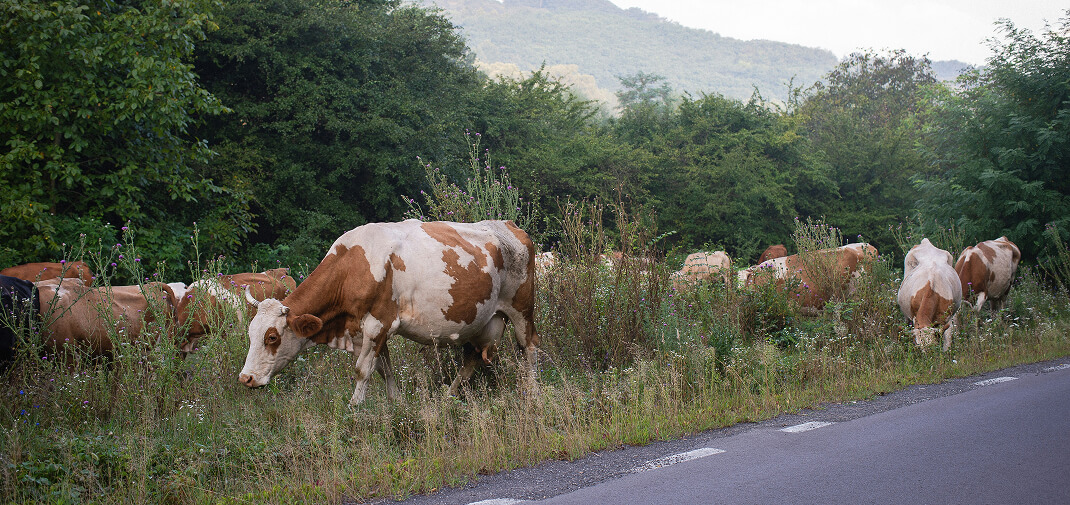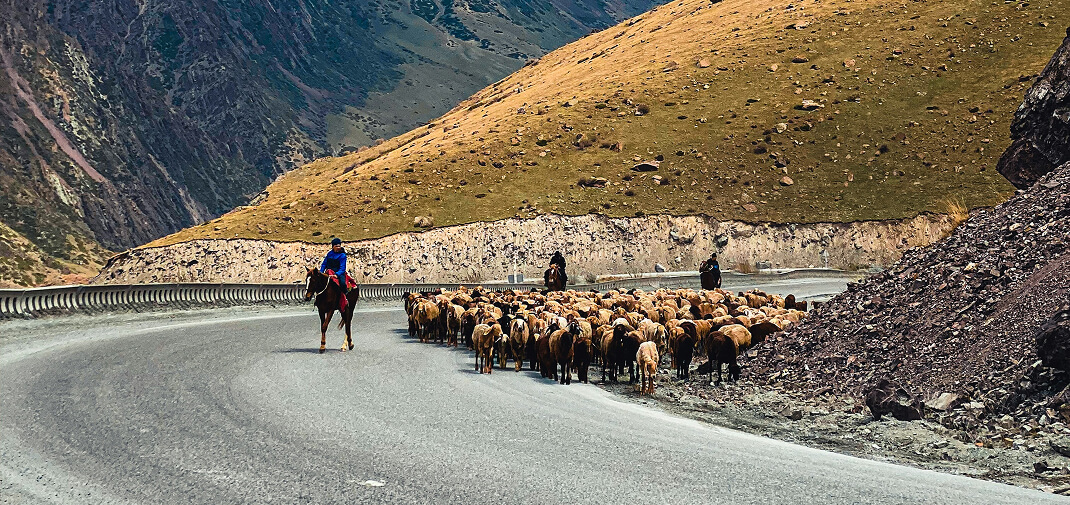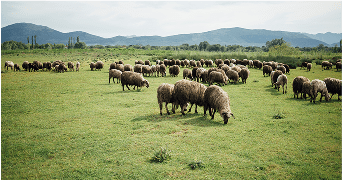
You’re driving down a quiet California road when a large animal appears in your lane out of nowhere. You don’t have time to react. The crash is loud, violent, and confusing. In the following moments, you’re likely shaken, injured, or unsure of what comes next.
Knowing what to do after hitting livestock can make a significant difference, not just for your safety, but also for any future legal or insurance claim. Below is a step-by-step checklist to guide you through the critical first minutes, hours, and days after a livestock collision.
Stay Calm and Check for Injuries
Your safety and the safety of others are the priority. Take a deep breath and:
- Check yourself for injuries, even if they seem minor;
- Look for signs of injury in any passengers;
- If it’s safe to do so, check on any other vehicles involved; and
- Call 911 immediately if anyone is hurt.
Even if you feel fine, remember that adrenaline can mask symptoms of trauma. It’s smart to get evaluated by a medical professional as soon as possible.
Move to Safety—If You Can
If your vehicle is drivable and it’s safe to do so:
- Pull over to the side of the road or a safe shoulder;
- Turn on your hazard lights; and
- Place cones or reflective triangles behind your car, if you have them.
Never exit your vehicle onto a busy roadway unless absolutely necessary. Stay in your car with your seatbelt fastened until help arrives, unless there’s immediate danger (like smoke or fire).
Call 911 and Report the Accident
Even if the animal is no longer on the road, you should always report a livestock collision.
When speaking with dispatch:
- Give your exact location, including landmarks or mile markers;
- State that you’ve been in a crash involving livestock (e.g., cow, horse, sheep); and
- Let them know if anyone appears injured or if the animal is still in the roadway.
Emergency responders may need to notify local animal control or the California Highway Patrol.
Do Not Approach the Animal
Even if the animal appears docile or injured, it may behave unpredictably. To ensure your safety, it’s best to:
- Avoid touching or moving the animal;
- Stay a safe distance away, as a scared or injured cow or horse can kick, bite, or charge; and
- Let animal control or a qualified responder handle the situation.
It’s instinct to want to check on the animal, but you could be putting yourself and its safety further at risk.
Document the Scene
If you’re physically able and it’s safe to do so, gather evidence from the accident scene. This can include:
- Taking photos of your vehicle, the animal, the road, skid marks, and any damage;
- Capturing a wide shot of the scene from multiple angles;
- Photographing any visible injuries; and
- Exchanging insurance information and taking photos of any other vehicles involved.
Also, note:
- Weather conditions,
- Time of day, and
- Any nearby fencing, gates, or broken enclosures.
This documentation can help prove what happened, especially if the animal was loose due to someone else’s negligence.
Get a Police Report
When officers arrive, they will create an incident report. Be sure to:
- Ask how to get a copy of the report;
- Provide factual answers only;
- Avoid speculation or admitting fault; and
- Don’t guess about who owned the animal or how it escaped.
Let law enforcement handle that part of the investigation. You don’t want to say something that could hurt your claim.
Seek Medical Care Even If You Feel Fine
Injuries from livestock crashes aren’t always apparent at first. A large animal can cause severe internal trauma, soft-tissue injuries, or concussions. To protect yourself, you should to do the following:
- Visit urgent care, an ER, or your doctor;
- Keep records of all medical visits, diagnoses, and treatment plans; and
- Follow through on all recommendations, even if symptoms seem minor.
If you wait too long, the insurance company may question whether your injuries were caused by the accident.
Do Not Talk to the Animal Owner or Their Insurance
If someone claims to be the animal owner or their insurance company contacts you, do not make any statements or agree to anything without legal representation. Politely decline any recorded statement or settlement discussions until you speak to an attorney.
Report the Accident to Your Insurance
You’ll need to report the collision to your own insurance company, but be cautious. When reporting, it’s best to:
- Stick to the basic facts,
- Not speculate about what caused the animal to be on the road,
- Avoid phrases like “I should’ve swerved” or “I didn’t see it in time,” and
- Never say you’re fine, even casually.
Your safest option? Talk to a lawyer first, even before giving a recorded statement to your own insurance company.
Contact a California Livestock Collision Lawyer
California is a major agricultural state, and livestock accidents happen more often than most people think. In many cases, these animals aren’t wild. They’re owned by ranchers or farmers who are legally responsible for securing them.
But proving that an owner was negligent isn’t easy. That’s where an experienced personal injury lawyer can be crucial.
A lawyer can help:
- Investigate the animal’s ownership;
- Determine whether fencing or gate violations occurred;
- Deal directly with the insurance companies; and
- Work to recover compensation for your injuries, medical bills, vehicle damage, and more.
Call Silva Injury Law and Get a Fighter on Your Side
Knowing what to do after hitting livestock is just the beginning. If you were hurt, your car was totaled, or the insurance company is trying to shift the blame, it’s time to call a lawyer who knows how to fight for what’s fair.
Michael Joe Silva built his practice after years as a Central Valley prosecutor, where he handled court trials and advocated for victims. Now, he brings that same courtroom strength to injury cases, including livestock collisions across California.
At Silva Injury Law, we understand the shock and stress you’re going through. We’ll take the pressure off your shoulders, protect your rights, and help you focus on healing.
Call today for a free consultation. Let’s talk about how we can help.

